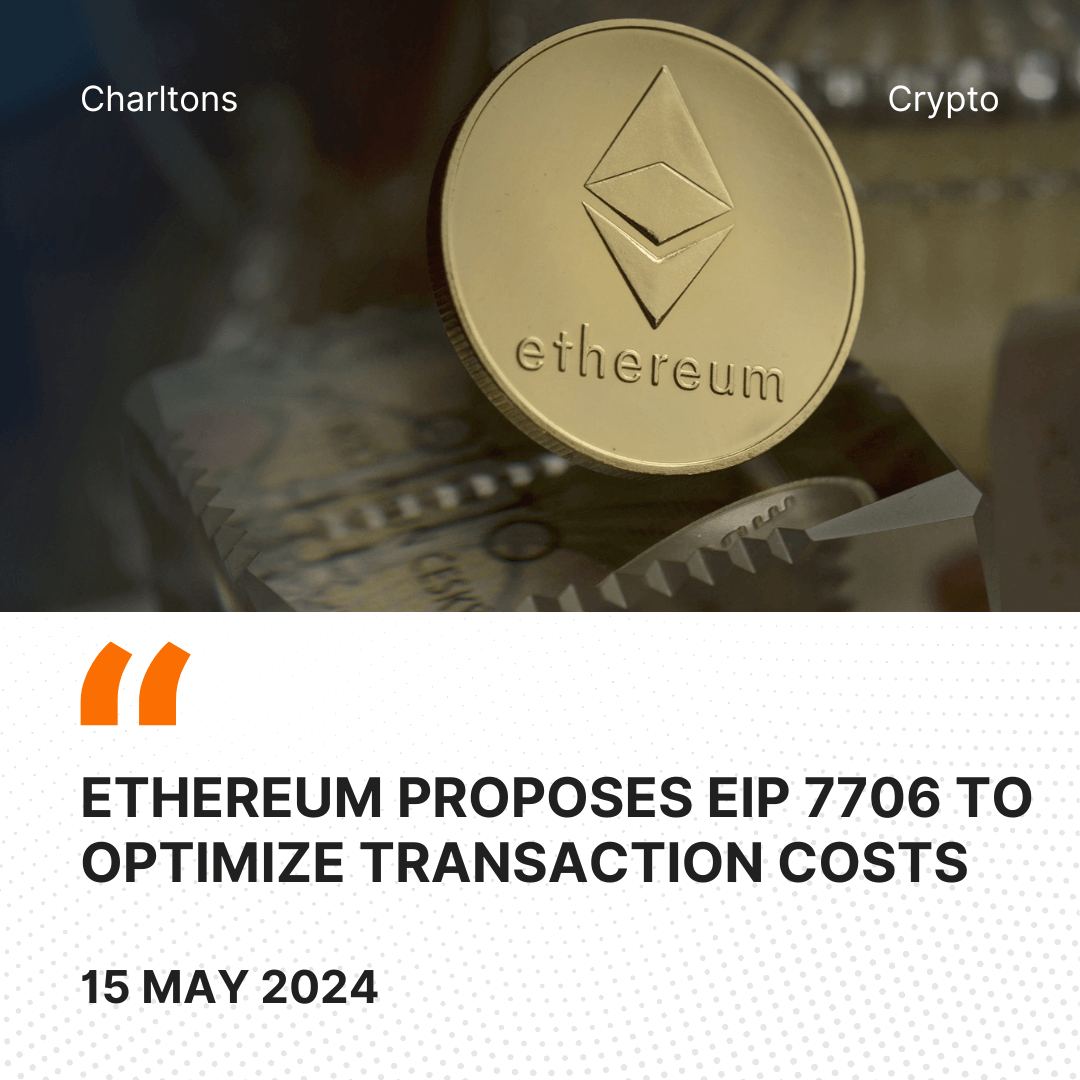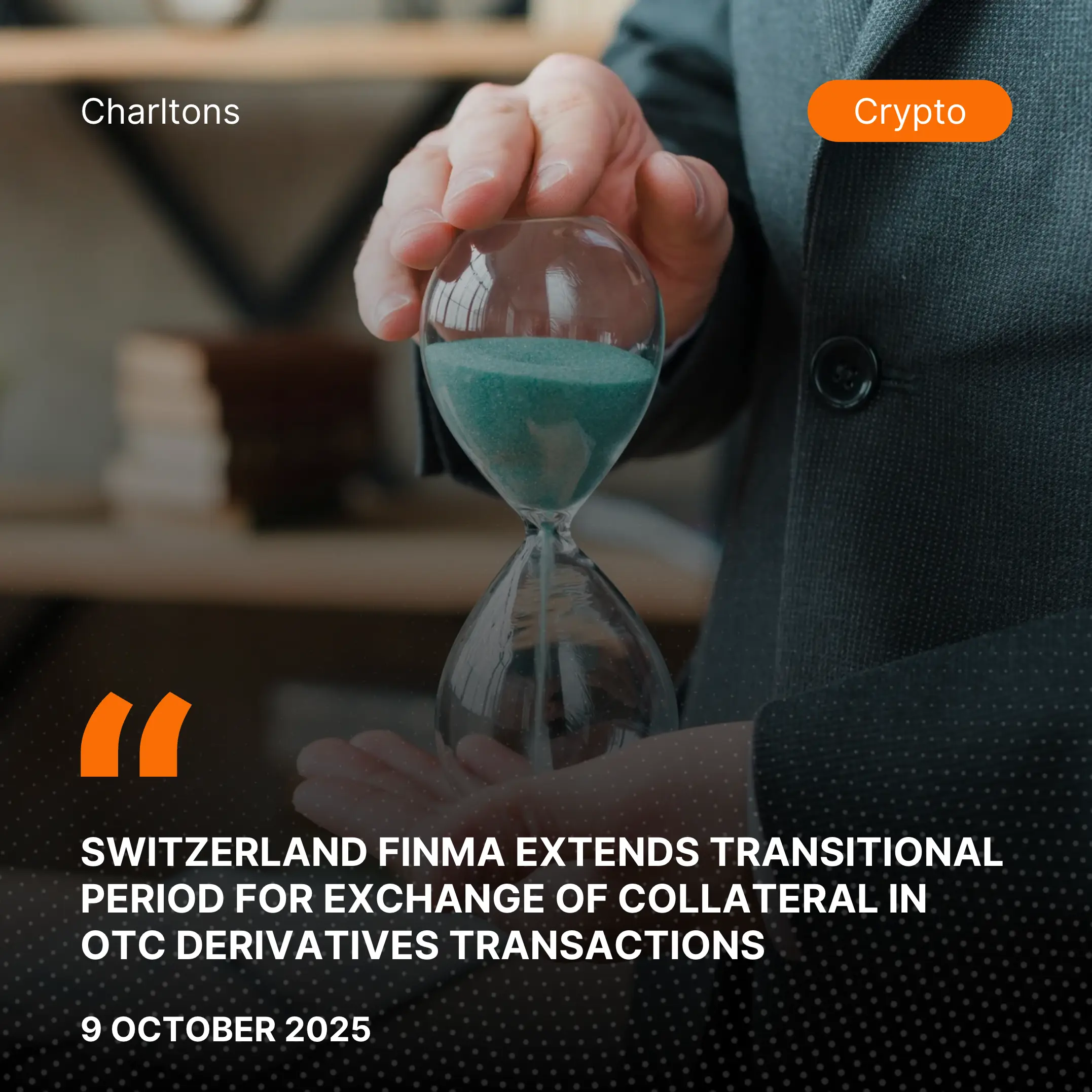
A new proposal, EIP 7706, aims to enhance how Ethereum handles transaction costs, specifically focusing on the data aspect crucial for smart contract interactions. Understanding Ethereum’s current gas model is essential to grasp the significance of this update.
Currently, Ethereum transactions incur two primary gas fees: execution gas and storage gas. Execution gas covers the computational efforts required for transactions, while storage gas pertains to costs associated with storing data on the blockchain in “blobs.” This structured approach, although efficient, has room for improvement given the increasing complexity of Ethereum-based applications.
Vitalik Buterin’s EIP 7706 introduces a third type of gas fee dedicated to call data, the portion of a transaction that carries essential information to smart contracts. The proposal suggests charging separately for data transferred during transactions, distinct from charges for executing contract code or data storage. This could streamline pricing for data-heavy transactions with low computational demands.
The proposed model categorizes fees into execution gas, blob gas, and call data gas. It integrates max_basefee and priority_fee as vectors, allowing for a unified adjustment mechanism for all three types of fees. This could lead to more efficient transaction processing and reduced costs for users.
With separate charging for call data, the maximum allowable call data size per block could decrease. However, call data would generally become cheaper, potentially reducing the average cost per transaction. Managing all three gas forms through a dynamic model adjusting fees based on real-time network conditions is expected to lead to an optimized, cost-effective fee structure.
If adopted, EIP 7706 could substantially change how developers and users approach Ethereum transactions. By lowering costs for data-heavy transactions, this model may encourage innovative uses of Ethereum’s smart contracts, further diversifying the applications running on its network.





